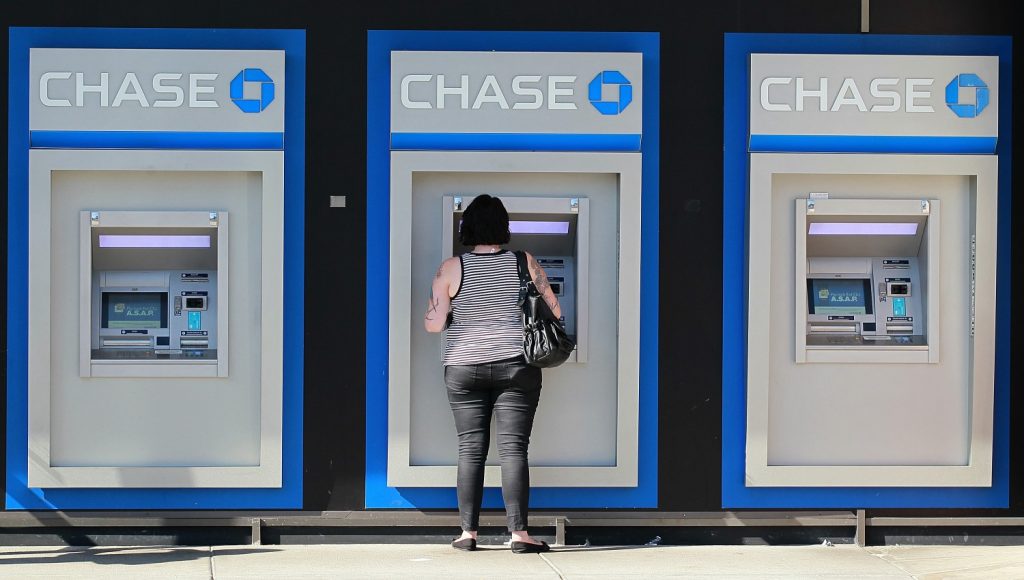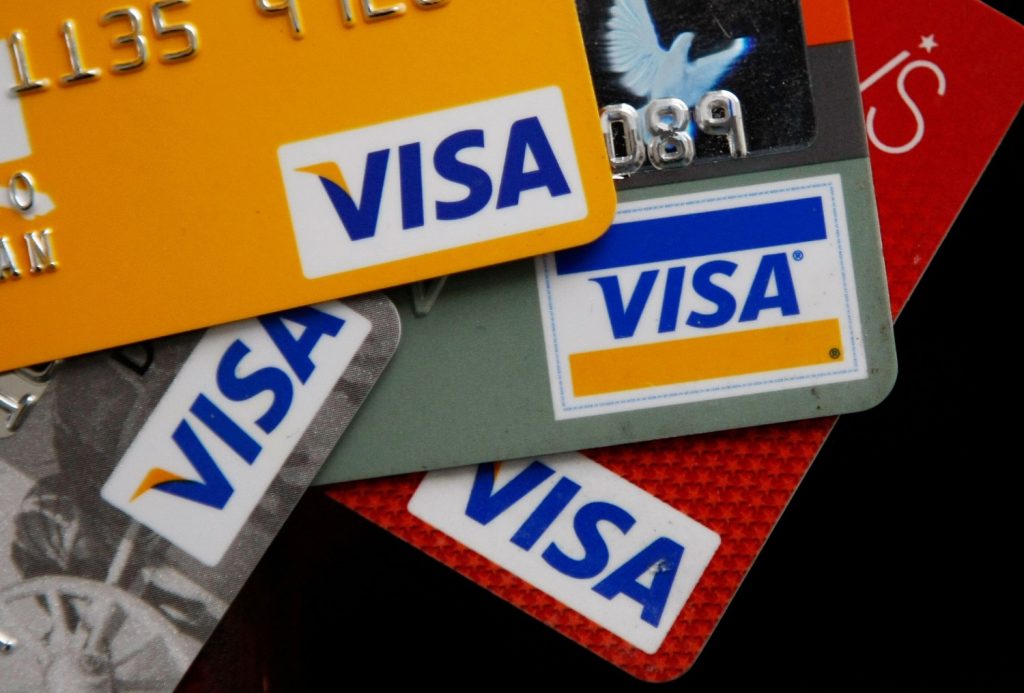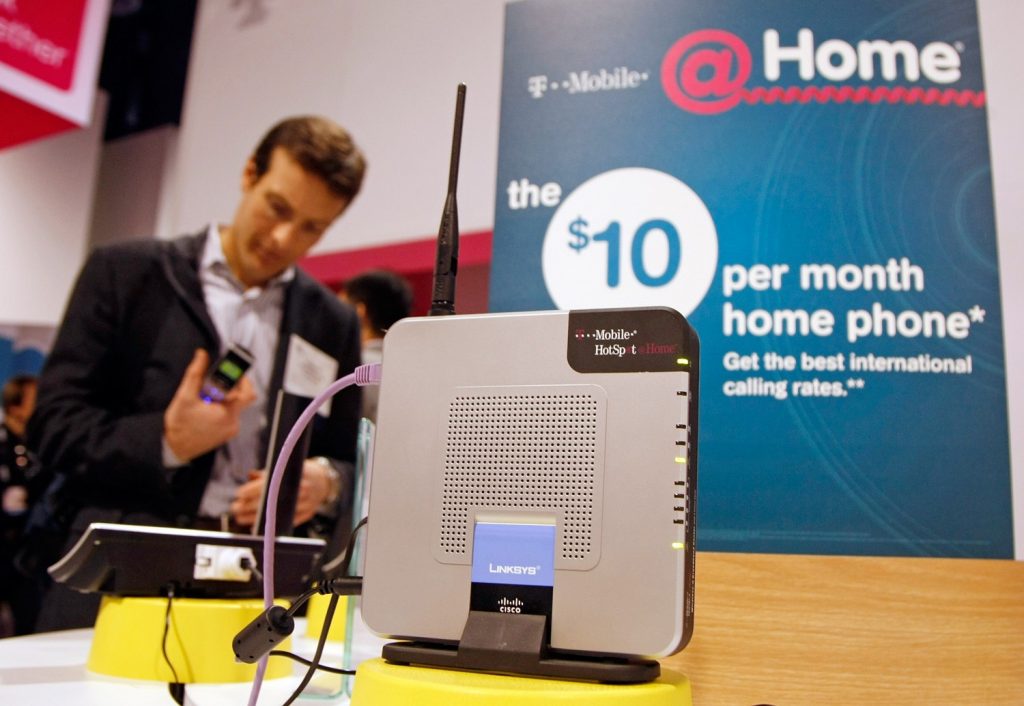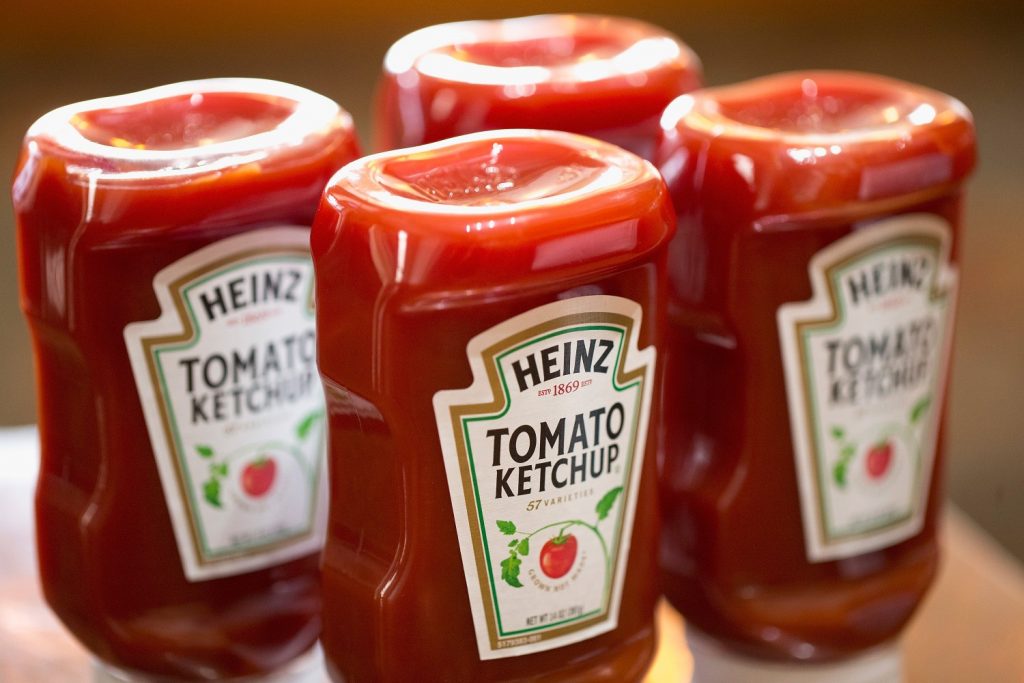The products and services mentioned below were selected independent of sales and advertising. However, Don't Waste Your Money may receive a small commission from the purchase of any products or services through an affiliate link to the retailer's website.
It’s never been easier to throw away your hard-earned money.
From picking up that candy bar that you swear is calling your name in the checkout line to paying date overage charges on your phone, there are tons of ways businesses try to snap up your cash.
Speaking from experience, I once added up all of the extra little things I purchased throughout the month—the candy, the bottles of water, the lattes and the 200th Matchbox car by son just had to have. To my surprise, those little small-ticket items added up to over $100 dollars in just a month.
The worst part is you may not even realize that you’re throwing away so much money.
These are just a few of the ways you’re wasting money this year, starting with those impulse buys:
1. Impulse Buys
Stores entice you into throwing away your money by strategically placing items next to the checkout line, by making it super easy to click “Proceed to Checkout” online and by sending you dozens of email newsletters and text message alerts. But the next time you spend money impulsively, think about how you could instead be putting that money into savings or towards debt. Every little dollar adds up.
Need help curbing those impulse shopping habits? Here’s how to say goodbye your inner shopaholic for good. There’s also a handy flowchart that can you help decided whether you actually need to buy something.
2. ATM Fees
It costs $4.57, on average, to withdraw money from an ATM that’s not part of your bank’s network, according to a 2016 study conducted by Bankrate—it’s never been more expensive to get cash from an out-of-network ATM.
One way to avoid being hit with these fees is simply to use your own bank when withdrawing money—if you know you’re going to need cash, plan ahead so you don’t end up forking over nearly $5 to visit another bank’s ATM. Your other option is to find a bank that allows you to withdraw money from any ATM with no fees—it pays to do your homework on this one.
3. Bottled Water
4. Late Payment Fees
Just like shelling out money for out-of-network ATM fees, late fees—whether that’s for rent or your credit card bill—are just as much of a waste of money. Not only that, but your credit score can be docked if you miss the due date of too many bills. Plus, if you’re getting charged a late fee by your credit card, that also means you’re paying a hefty amount of interest, another huge waste of your money.
Thankfully, most bank accounts come with automatic bill pay software, which allows you to pay your bills automatically. Never be late again and your wallet will thank you!
5. Subscriptions And Memberships
Think about it: Millions of people sign up for free 30-day trials, but then forget to cancel after that. They end up paying for stuff they’re not using, and they may not even realize they’re still paying for it. Oh, and by the way, when was the last time you visited that fancy gym you joined ages ago?
It’s a good idea to check in with your finances regularly to see exactly where your money is going—this way, you’ll find any subscriptions or memberships lurking around that you forgot to cancel. It’s also a good idea to reassess your current memberships and subscriptions periodically to determine if they’re still useful to you.
“Nothing makes a company happier than getting its customers to sign up for subscriptions,” writes David Pogue in his 2016 book “Pogue’s Basics: Money: Essential Tips and Shortcuts (That No One Bothers to Tell You) About Beating the System.”
There’s also an app for that. Trim is a service that automatically finds all of the subscriptions you have and allows you to cancel any of them with a simple text message. Trim says it has saved users more than $8 million.
6. Smartphone Data
No matter how you slice it, you’re probably paying too much for your data.
Cell phone providers have introduced several new plans recently, which means that your old plan is now outdated—you could be getting a better deal. All you have to do is get in touch with your provider and switch to a more competitive plan.
Beyond that, you might be getting charged a fee every month you use more than your allotted data amount. Or, you could be paying for way more data than you need. Either way, you’re throwing away your money if you don’t have a good sense of how much cell phone data you really need each month.
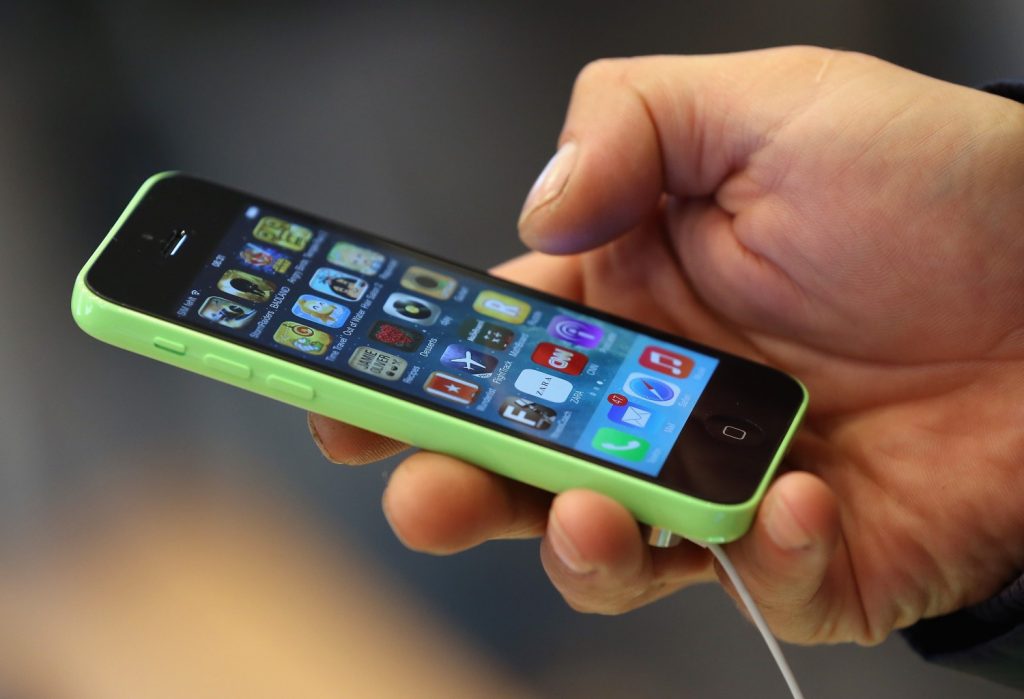
7. Throwing Away Food
To avoid over-buying next time you grocery shop, try planning out what meals you are going to make for the week.
Another trick is to prep your groceries as you bring them in from the car. Cut those strawberries up before they go bad and cut up the carrots to fit into snack-sized bags so they’re ready to go when you pack lunches.


